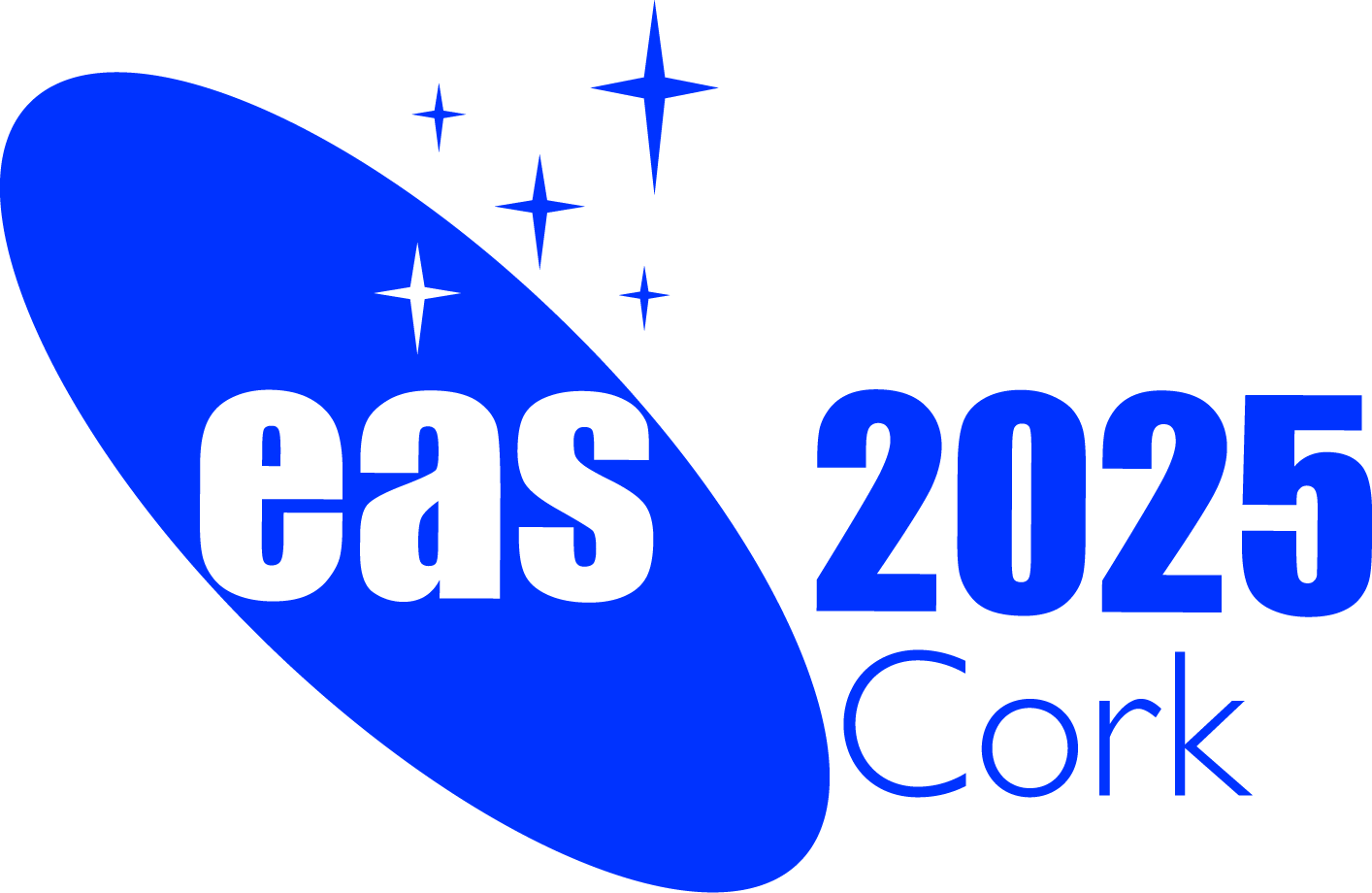
|
European Astronomical Society
|

|
|
|
|
|
|
EAS Job Directory
Find Jobs
| PhD and postdoctoral positions on multi-technique characterisation of the architecture of exoplanetary systems. | Closing date: 2024-02-16
Contact: Adrien Leleu |
| The exoplanet team of the University of Geneva has an opening for a 4-year PhD position and a 2+1 year postdoctoral position to work on the multi-technique characterisation of the architecture of multi-planetary systems. The researchers will join the group of Prof. Adrien Leleu that focuses on the characterisation of the architecture of resonant exoplanetary systems, with strong collaboration with Prof. Damien Ségransan and Prof. François Bouchy. | | ▸ more | PhD and postdoctoral positions on multi-technique characterisation of the architecture of exoplanetary systems.
The exoplanet team of the University of Geneva has an opening for a 4-year PhD position and a 2+1 year postdoctoral position to work on the multi-technique characterisation of the architecture of multi-planetary systems. The researchers will join the group of Prof. Adrien Leleu (adrien.leleu @ unige.ch) that focuses on the characterisation of the architecture of resonant exoplanetary systems, with strong collaboration with Prof. Damien Ségransan and Prof. François Bouchy.
The exoplanet team is strongly involved in major ground-based instruments and space missions of various exoplanet detection techniques: radial velocities, with the high-resolution spectrographs CORALIE, HARPS, HARPS-N, ESPRESSO, and NIRPS; photometry, with NGTS, CHEOPS, and PLATO (launch 2026), and astrometry with Gaia (DR4 Spring 2026). The team of Prof. Leleu combines space-based photometry from the Kepler/K2, TESS, and CHEOPS space missions to discover new compact multi-planetary systems and characterise them by observing and modelling the dynamical interactions between the planets (keywords: Transit Timing Variations - TTVs, photo-dynamical models). The team is strongly involved in the CHEOPS consortium and the preparation of the upcoming ESA mission PLATO. The successful applicant will work on (1) the characterisation of compact multi-planetary systems through photo-dynamical modelling of the light curve; (2) the joint analysis of photo-dynamical and radial velocity and how the two techniques synergies for the characterisation of systems, in the framework of the preparation for the PLATO mission, and (3) The combination of photometric, radial velocity, and astrometry data for a global view of exoplanetary systems.
The Department of Astronomy of the University of Geneva offers a modern and vibrant work environment, with a wide range of activities including theory, numerical simulations, observations and instrumental developments in the domains of exoplanets, stellar physics, galactic dynamics, observational cosmology and high-energy astrophysics. Our exoplanet team has a strong involvement in exoplanet detection, planet physical properties determination, planet atmosphere characterization, and world-class instrumentation development. We are also co-leading the Swiss-wide National Centre of Competence in Research (NCCR) PlanetS (http://nccr-planets.ch), dedicated to the study of the origin, evolution, and characterization of planets inside and outside our Solar System, providing thus the applicants with opportunities to develop collaborations with members of PlanetS.
The positions are open for a start in the summer of 2024. For more information about the respective opportunities, interested candidates should directly contact Prof. A. Leleu. Applications (concatenated in a single pdf file) must contain:
For the PhD position:
-A cover letter (1-page max) describing your experience in either data analysis and/or orbital dynamics, as well as interest in the topic and the motivation to start PhD studies;
-A curriculum vitae;
-Master report grades (M1, and M2 if available);
-Names, positions and e-mail addresses of up to two persons of reference that could be contacted.
For the PostDoc position:
-A cover letter including a short (2 pages max) research statement describing experience in either data analysis and/or orbital dynamics, past achievements and future projects, as well as interest in the topic;
-A curriculum vitae;
-A publication list and specific contributions to each article.
-Names, positions and e-mail addresses of up to three persons of reference that could be contacted.
Applications shall be sent by Friday, February 16th to Prof. A. Leleu (adrien.leleu @ unige.ch), with c.c. to Prof. Damien Ségransan (damien.segransan @ unige.ch) and Prof. François Bouchy (francois.bouchy @ unige.ch).
The University of Geneva is an equal-opportunity employer committed to diversity in its workplace.
|
More resources
Links to other job lists
|

